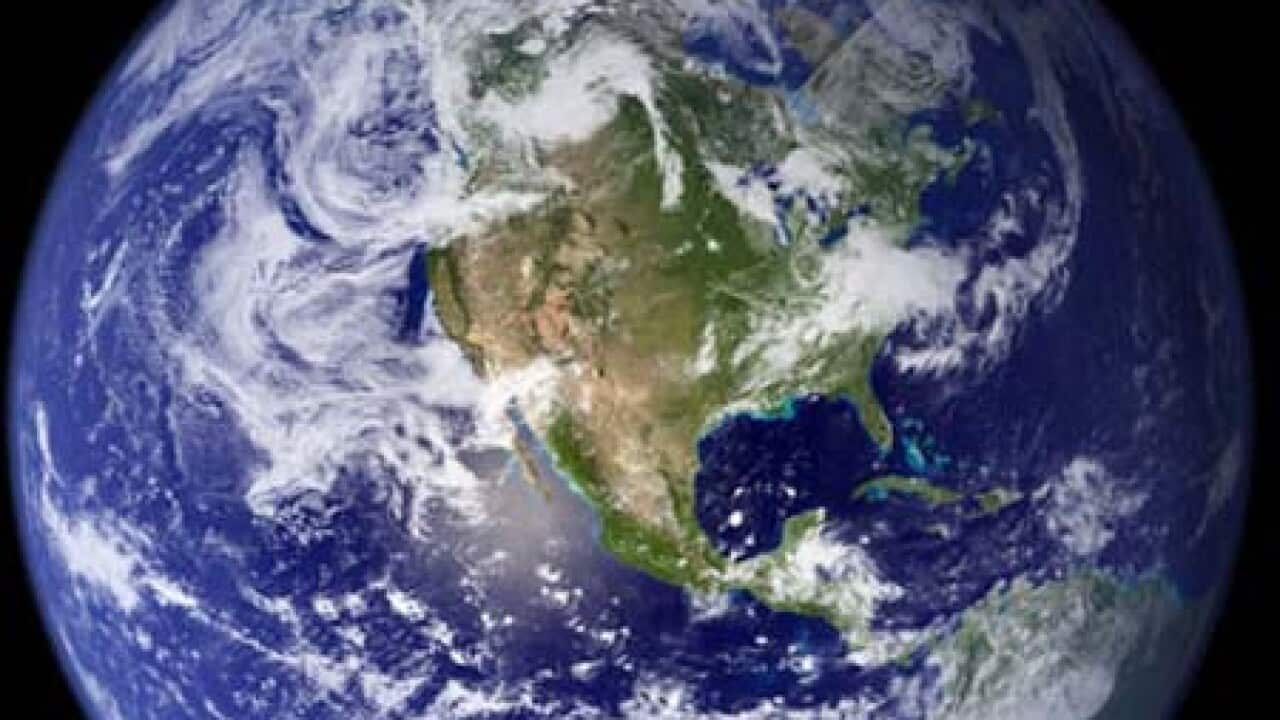The massive 8.8-magnitude earthquake in Chile last month was so powerful it may have changed the Earth's axis and shortened the day by 1.26 microseconds.
Richard Gross, a geophysicist at NASA in California, used a computer model to calculate the effects of the huge tremour.
He says large amounts of rock and earth can be shifted during a powerful earthquake, changing the distribution of the mass of the planet, which in turn can affect the Earth's rotation.
Quake 'shortened the day'
"The length of the day should have gotten shorter by 1.26 microseconds (millionths of a second)," Mr Gross told Bloomberg news service.
David Kerridge from the British Geological Survey in Edinburgh calls this the 'ice skater effect'.
"As the ice skater puts when she's going around in a circle, and she pulls her arms in, she gets faster and faster," Mr Kerridge says.
"It's the same idea with the Earth going around if you change the distribution of mass, the rotation rate changes."
Mr Gross says the 2004 Boxing Day earthquake and resulting tsunami shortened the day by 6.8 microseconds.
More than 700 people died in the Chilean earthquake, which struck on the 27 February.

